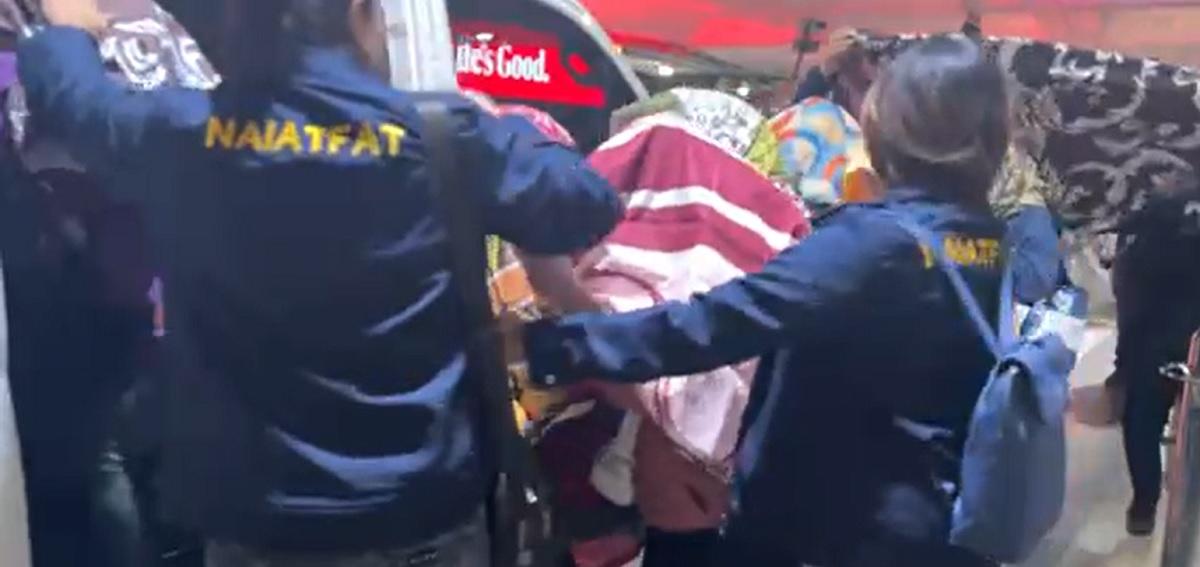Thirteen Filipino women, who were convicted in Cambodia for human trafficking, are now back in the Philippines after being granted a royal pardon. The Department of Foreign Affairs (DFA) announced their safe arrival in Manila on Sunday, December 29, 2024.
Their Story
These women were convicted on December 2, 2024, by a Cambodian court for violating the country’s laws on the Suppression of Human Trafficking. They were sentenced to four years in prison. However, their journey took a hopeful turn when His Majesty Preah Bat Samdech Preah Boromneath Norodom Sihamoni, Cambodia’s king, granted them a royal pardon on December 26, 2024.
How They Got Home
The royal pardon came after the Philippine Embassy in Phnom Penh, with support from the Royal Government of Cambodia, advocated for their release. This allowed the women to leave Cambodia immediately after their pardon.
The DFA expressed gratitude to Cambodia’s leadership, particularly Prime Minister Hun Manet, for the humanitarian treatment extended to the women throughout the investigation and court processes.
A Stronger Bond Between Nations
According to the DFA, this act of kindness highlights the close ties between the Philippines and Cambodia. Both countries are committed to fighting human trafficking and other international crimes, showcasing a shared effort to protect vulnerable individuals.
A Warning for Filipinos
The DFA also reminded Filipinos that surrogacy is illegal in Cambodia. Those caught violating this law face severe penalties, ranging from 2 to 20 years in prison, as emphasized by Philippine Ambassador to Cambodia, Flerida Camille Mayo, in October.
One of the women had already given birth before their return, according to Justice Undersecretary Nicholas Felix Ty.
United Against Trafficking
The women’s safe homecoming was made possible by the DFA, the Philippine Embassy in Phnom Penh, and the Inter-Agency Council Against Trafficking (IACAT).
This heartwarming return serves as a powerful reminder of the importance of international cooperation and the ongoing fight against human trafficking.

















